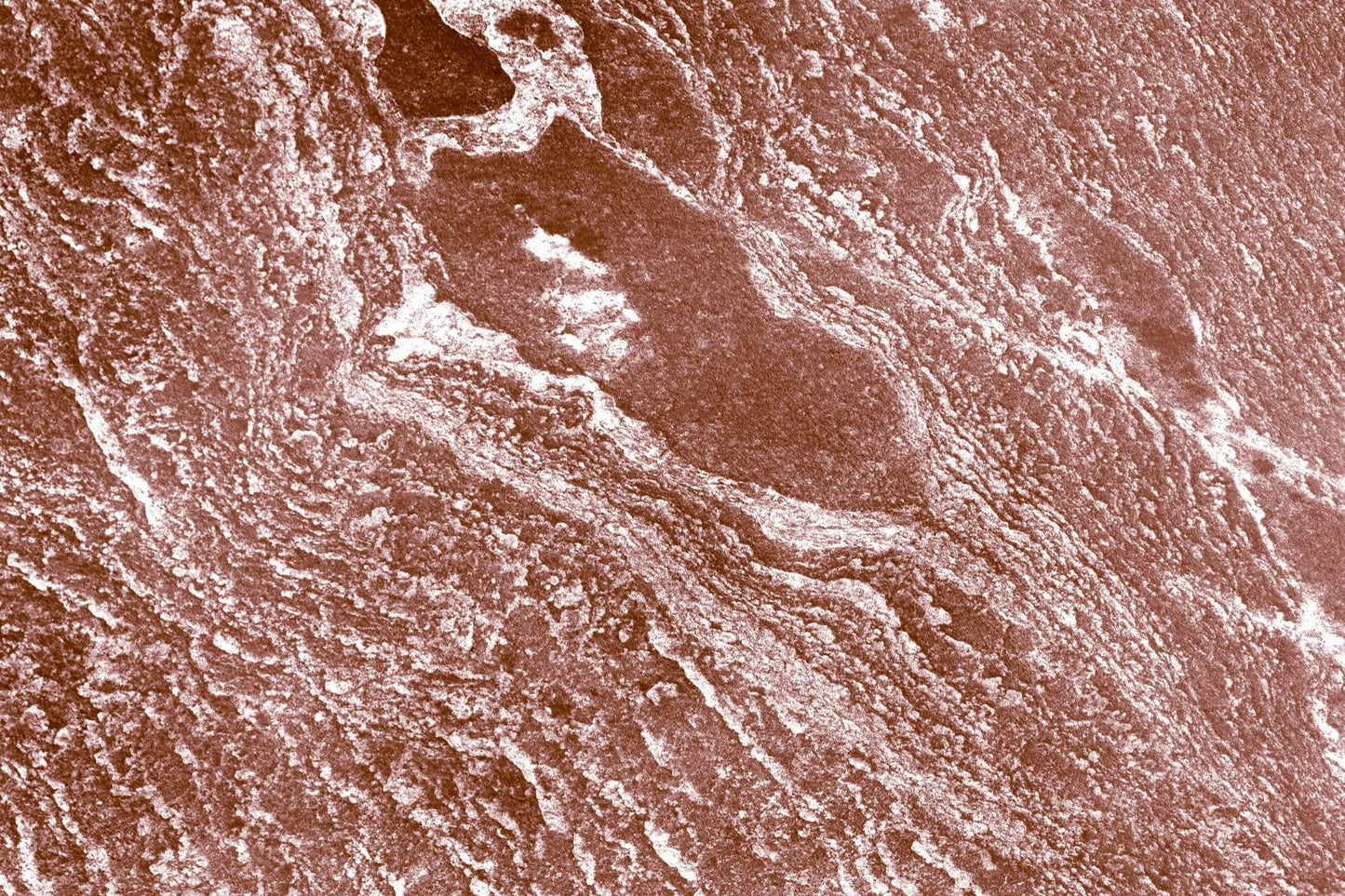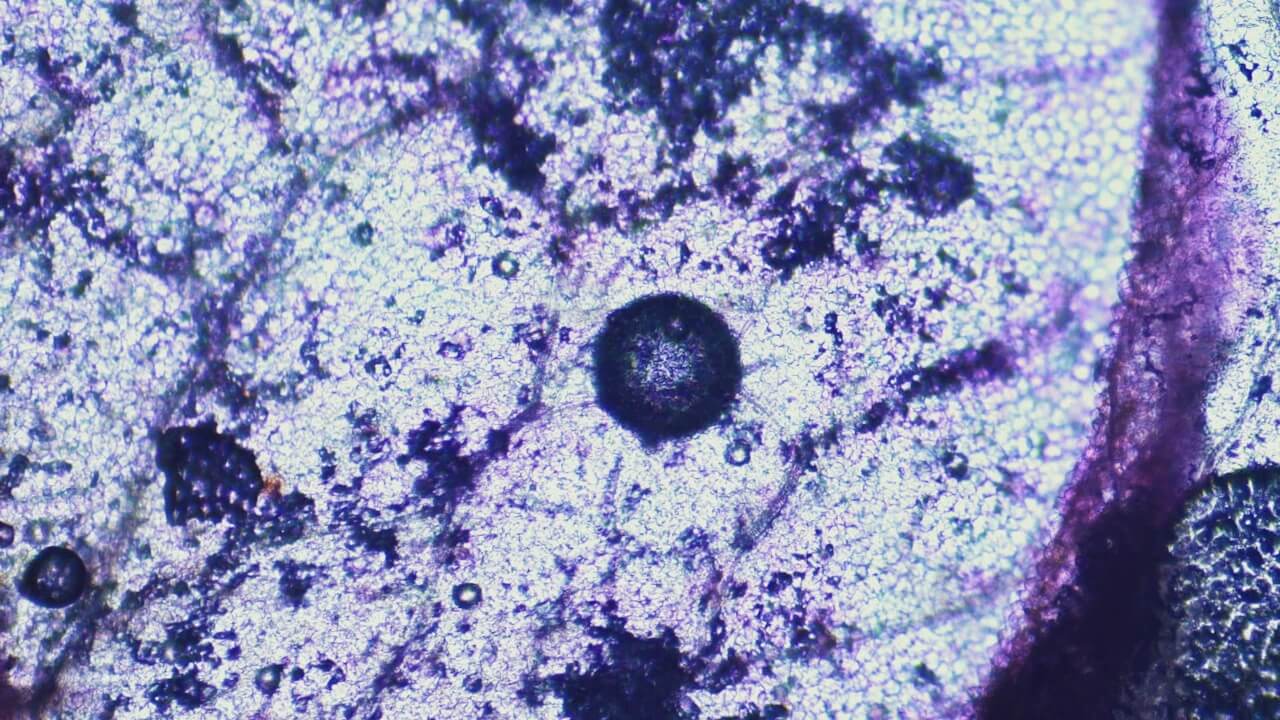
Vitamin C: A rediscovered essential antioxidant
Introduction
Vitamin C (ascorbic acid) stands as a critical water-soluble nutrient in human physiology. Unlike most mammals, humans cannot synthesise Vitamin C endogenously, making dietary intake essential. While historically recognised for preventing scurvy, modern research continues to reveal this versatile molecule's broader implications for cellular function, immune defence, and systemic health.
Historical significance and discovery
The story of Vitamin C emerged through its role in preventing scurvy, a devastating condition that plagued maritime exploration. In 1747, James Lind's pioneering clinical experiment demonstrated citrus fruits' curative properties, leading to the British Royal Navy's adoption of citrus supplementation – effectively eliminating scurvy from their fleet.
The isolation of Vitamin C marked a significant scientific milestone. In 1928, biochemist Albert Szent-Györgyi identified "hexuronic acid" from adrenal tissue and citrus fruits, later confirmed as the anti-scorbutic factor and renamed ascorbic acid. This discovery earned Szent-Györgyi the 1937 Nobel Prize. Later, Linus Pauling's controversial advocacy for high-dose Vitamin C therapy sparked renewed scientific interest in its therapeutic potential beyond basic nutrition.
Biochemical mechanisms and functions
Vitamin C's biological significance stems from several key mechanisms:
Antioxidant defence
As a potent antioxidant, Vitamin C provides electrons to neutralise free radicals and reactive oxygen species, protecting cellular components from oxidative damage. This protection extends to proteins, lipids, carbohydrates, and DNA. Notably, Vitamin C can regenerate other antioxidants, particularly vitamin E, creating an integrated network of cellular defence.
Collagen synthesis
A crucial function of Vitamin C lies in collagen production, where it serves as an essential cofactor for prolyl and lysyl hydroxylases, enzymes that stabilise collagen's molecular structure. This role explains the connective tissue deterioration characteristic of Vitamin C deficiency, manifesting in symptoms like impaired wound healing and vascular fragility.
Enzymatic regulation
Beyond collagen synthesis, Vitamin C acts as a cofactor in numerous enzymatic processes. It facilitates the synthesis of carnitine (essential for fatty acid metabolism), certain neurotransmitters, and peptide hormones. Additionally, Vitamin C supports nitric oxide production and cholesterol metabolism through bile acid synthesis.
Epigenetic modulation
Recent research has unveiled Vitamin C's role in epigenetic regulation through its function as a cofactor for enzymes that modify DNA and histones. This suggests potential influence over gene expression, cellular differentiation, and tissue regeneration processes.
Clinical applications and therapeutic benefits
Immune system function
Vitamin C demonstrates significant immunological effects through multiple mechanisms. It accumulates in immune cells, enhancing their function while protecting them from oxidative stress generated during immune responses. Clinical research suggests that regular Vitamin C supplementation may reduce the duration of common respiratory infections, with studies indicating reductions of approximately 8-14%, and potentially greater benefits in specific populations.
Cardiovascular health
Vitamin C's vascular benefits stem from its protection of endothelial function and support of nitric oxide availability. Clinical trials have demonstrated improvements in endothelial function with supplementation, particularly in individuals with cardiovascular risk factors. Meta-analyses suggest modest but significant blood pressure reductions with regular supplementation.
Skin health and collagen support
The role of Vitamin C in skin health extends beyond collagen synthesis. Research demonstrates its importance in maintaining skin barrier function, hydration, and protection against UV-induced photodamage. Clinical studies suggest that optimising Vitamin C status can improve various parameters of skin health, including hydration and structural integrity.
Neurological protection
The brain maintains high Vitamin C concentrations, reflecting its importance in neural function. Beyond its antioxidant effects, Vitamin C supports neurotransmitter synthesis and modulates neurotransmission. Observational studies link higher Vitamin C status with better cognitive function in ageing populations, though causal relationships require further investigation.
Clinical considerations and safety
Deficiency and prevention
Severe Vitamin C deficiency leads to scurvy, developing after 4-12 weeks of significant depletion (intake below 10 mg daily). Early manifestations include fatigue and weakness, progressing to characteristic symptoms like gingival bleeding, poor wound healing, and joint complications. While rare in developed nations, subclinical deficiency remains relevant, particularly in specific populations.
Therapeutic dosing and safety
Vitamin C demonstrates excellent safety due to its water solubility. The Tolerable Upper Intake Level stands at 2,000 mg daily for adults, with excess typically causing transient gastrointestinal effects. While concerns exist regarding oxalate formation and kidney stone risk at very high doses, moderate supplementation proves safe for most individuals.
Current research
Critical illness applications
Research continues into high-dose Vitamin C therapy for critical conditions, including sepsis and severe respiratory infections. While results show promise in specific contexts, optimal protocols and patient selection criteria remain under investigation.
Cancer therapy adjunct
Recent clinical trials exploring high-dose intravenous Vitamin C as an adjunctive cancer treatment have yielded intriguing results. Unlike oral supplementation, intravenous administration achieves pharmacological concentrations that may selectively affect cancer cells through pro-oxidant mechanisms.
Ageing and longevity
Emerging research examines Vitamin C's potential role in healthy ageing through its effects on oxidative stress, inflammation, and epigenetic regulation. While direct life-extension effects remain speculative in humans, Vitamin C's support of fundamental health processes suggests importance in healthy ageing strategies.
Conclusion
Vitamin C exemplifies how a seemingly simple nutrient can exert profound influences on human health. From its historical role in preventing scurvy to its modern applications in cellular protection and disease prevention, Vitamin C continues to demonstrate therapeutic relevance. While not a panacea, its fundamental importance in human biochemistry and promising therapeutic applications warrant continued scientific investigation. As research advances, our understanding of Vitamin C's role in health optimisation and disease prevention continues to evolve.
Thione – science-backed cellular support
References
Bodeker, K. L., et al. (2024). 'A randomized trial of pharmacological ascorbate, gemcitabine, and nab-paclitaxel for metastatic pancreatic cancer', Redox Biology, 77, 103375. doi:10.1016/j.redox.2024.103375.
Carr, A. C. and Maggini, S. (2017). 'Vitamin C and Immune Function', Nutrients, 9(11), 1211. doi:10.3390/nu9111211.
Doseděl, M., Jirkovský, E., Macáková, K., et al. (2021). 'Vitamin C—Sources, Physiological Role, Kinetics, Deficiency, Use, Toxicity, and Determination', Nutrients, 13(2), 615. doi:10.3390/nu13020615.
Fowler, A. A. III, Syed, A. A., Knowlson, S., et al. (2014). 'Phase I safety trial of intravenous ascorbic acid in patients with severe sepsis', Journal of Translational Medicine, 12, 32. doi:10.1186/1479-5876-12-32.
Grzybowski, A. and Pietrzak, K. (2013). 'Albert Szent-Györgyi (1893–1986): The scientist who discovered vitamin C', Clinical Dermatology, 31(3), pp. 327–331. doi:10.1016/j.clindermatol.2012.08.001.
Hemilä, H. and Chalker, E. (2013). 'Vitamin C for preventing and treating the common cold', Cochrane Database of Systematic Reviews, (1), CD000980. doi:10.1002/14651858.CD000980.pub4.
Khaw, K. T., Bingham, S., Welch, A., et al. (2001). 'Relation between plasma ascorbic acid and mortality in men and women in the EPIC-Norfolk prospective study: a prospective population study', The Lancet, 357(9257), pp. 657–663. doi:10.1016/S0140-6736(00)04128-3.
Pullar, J. M., Carr, A. C. and Vissers, M. C. (2017). 'The Roles of Vitamin C in Skin Health', Nutrients, 9(8), 866. doi:10.3390/nu9080866.








